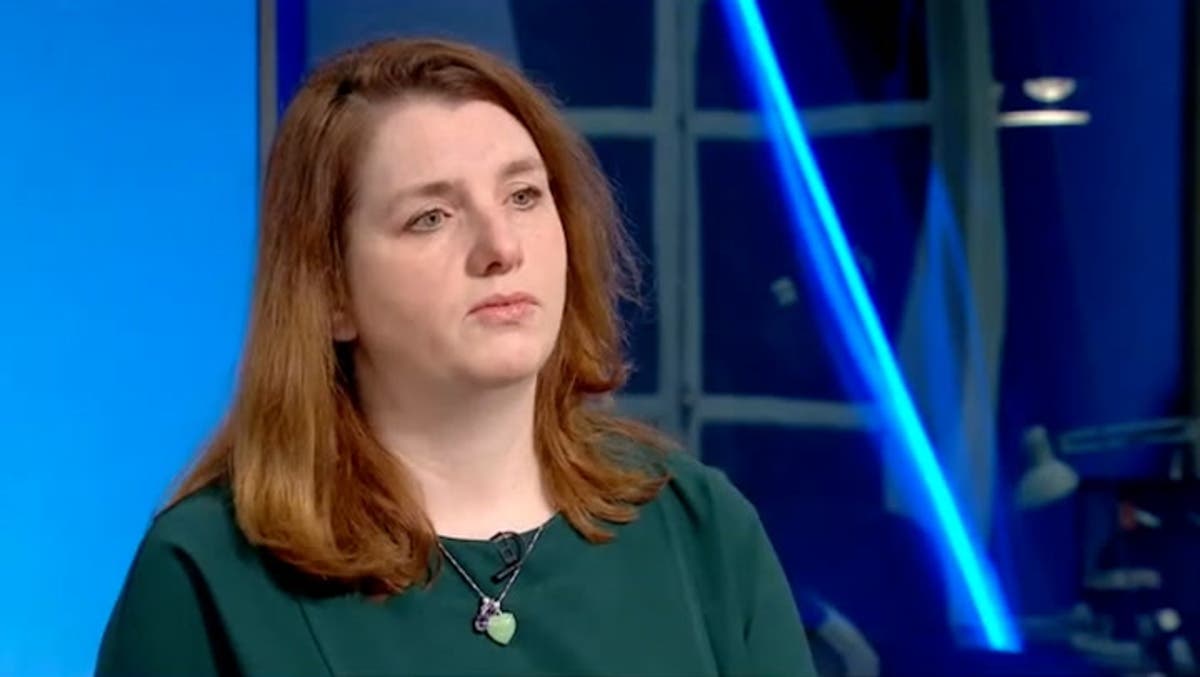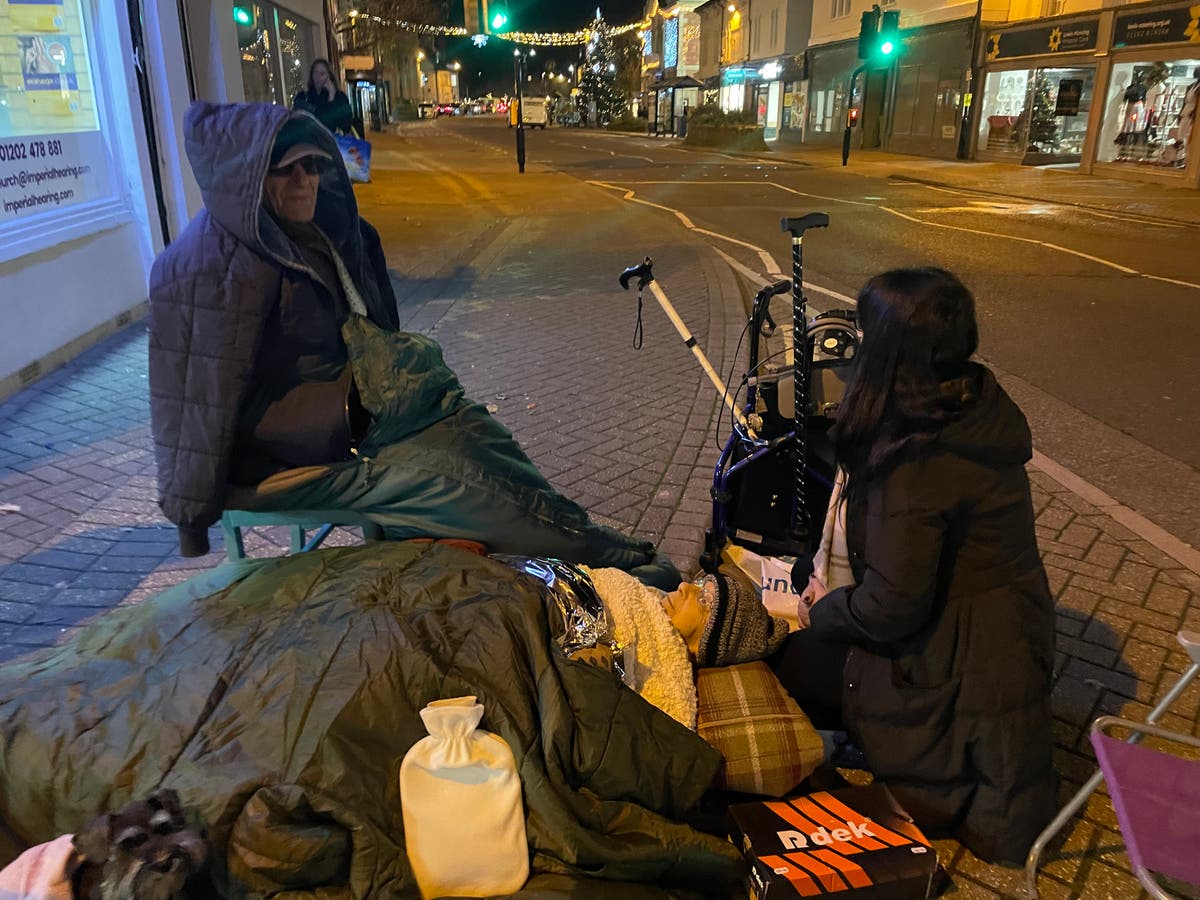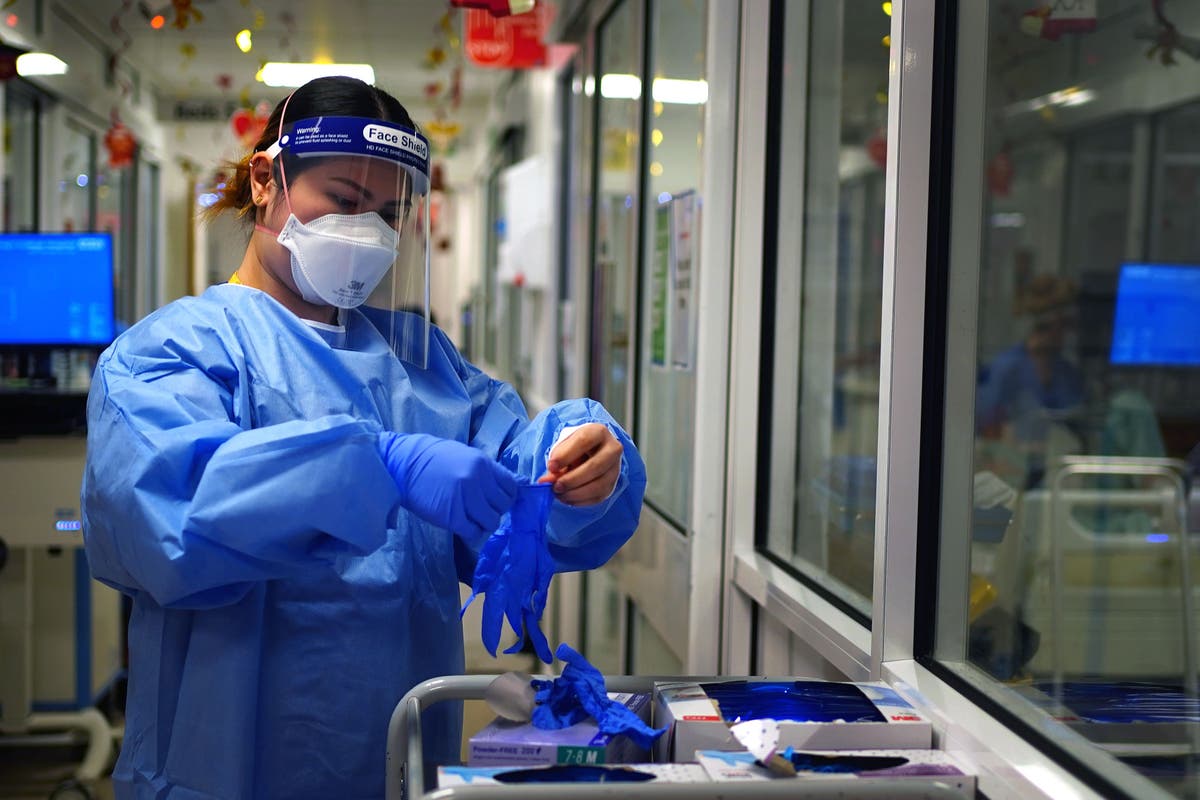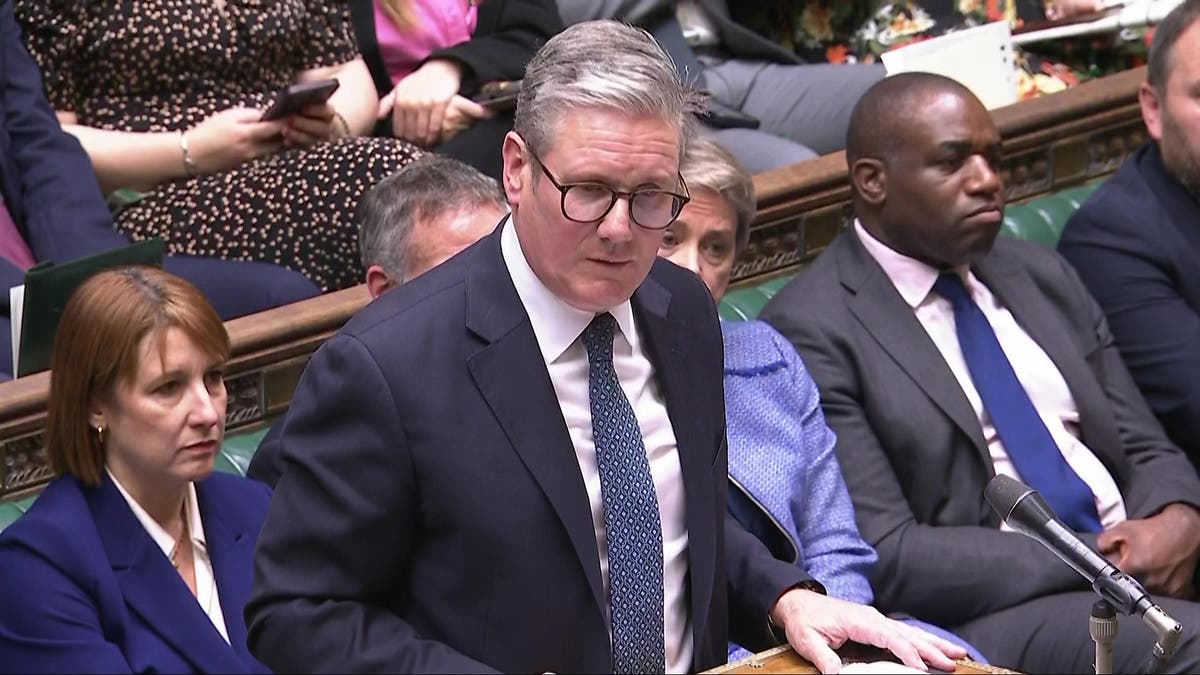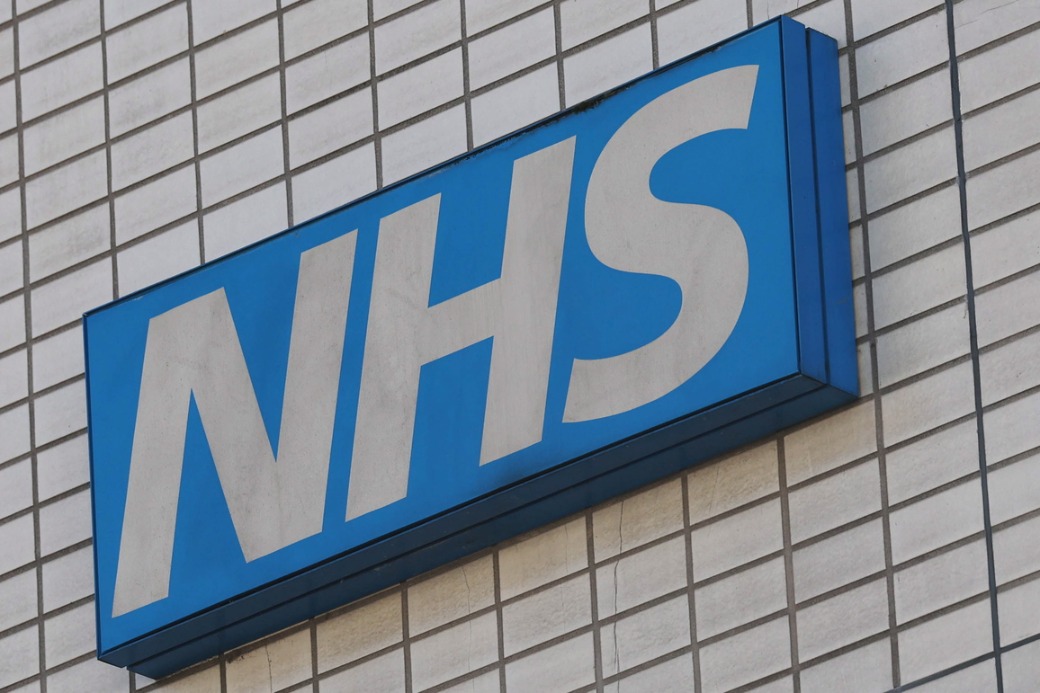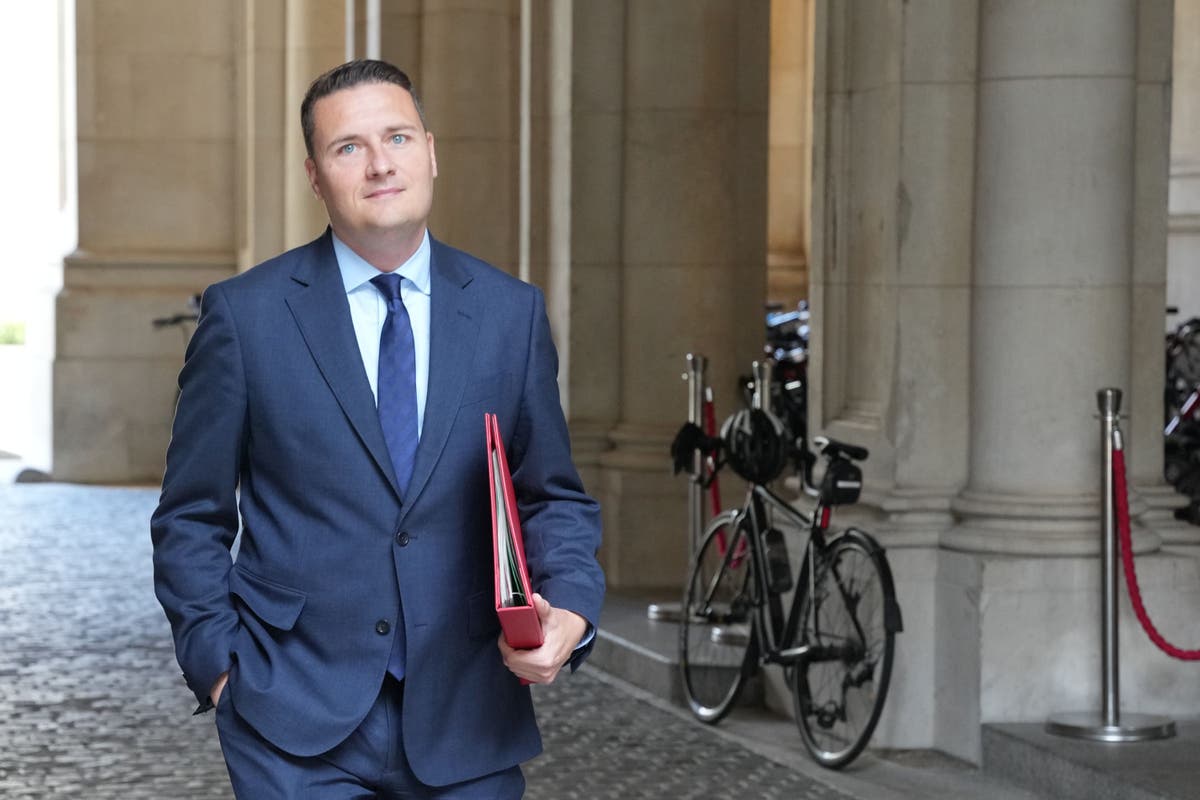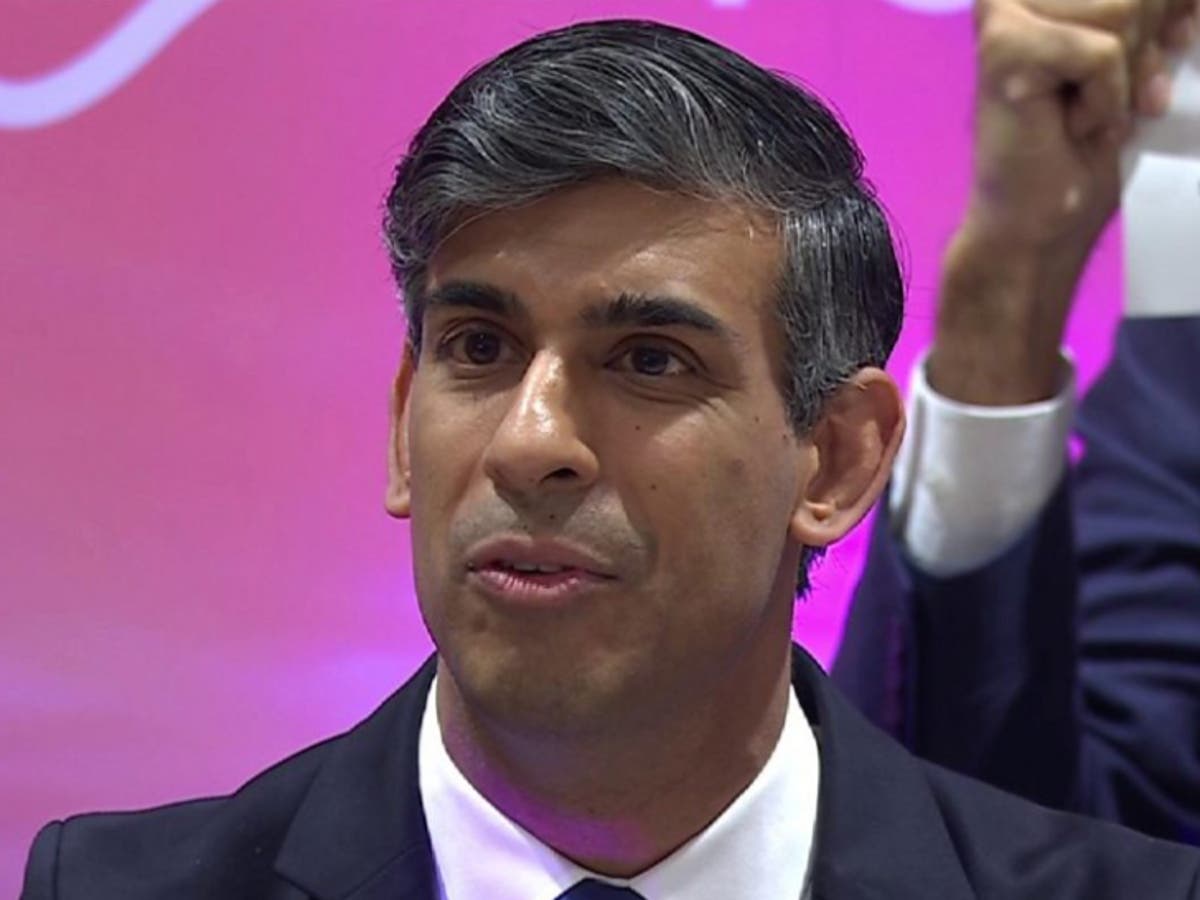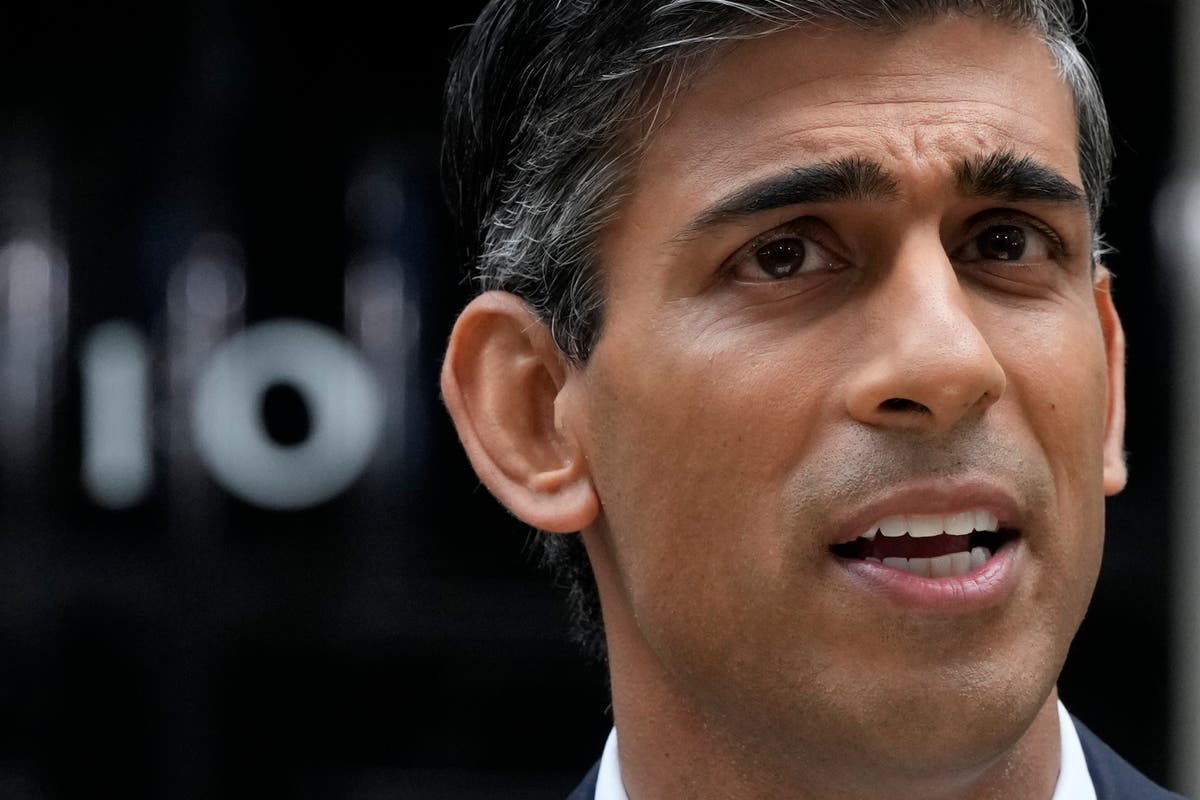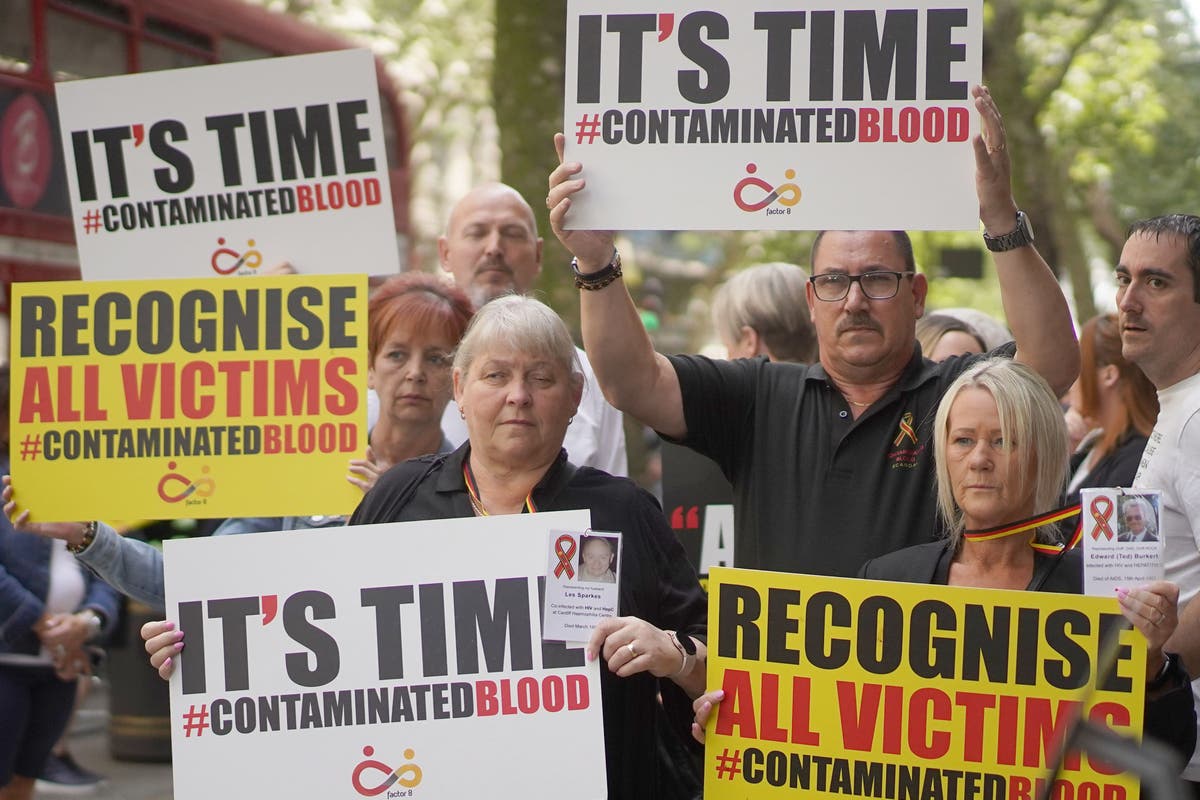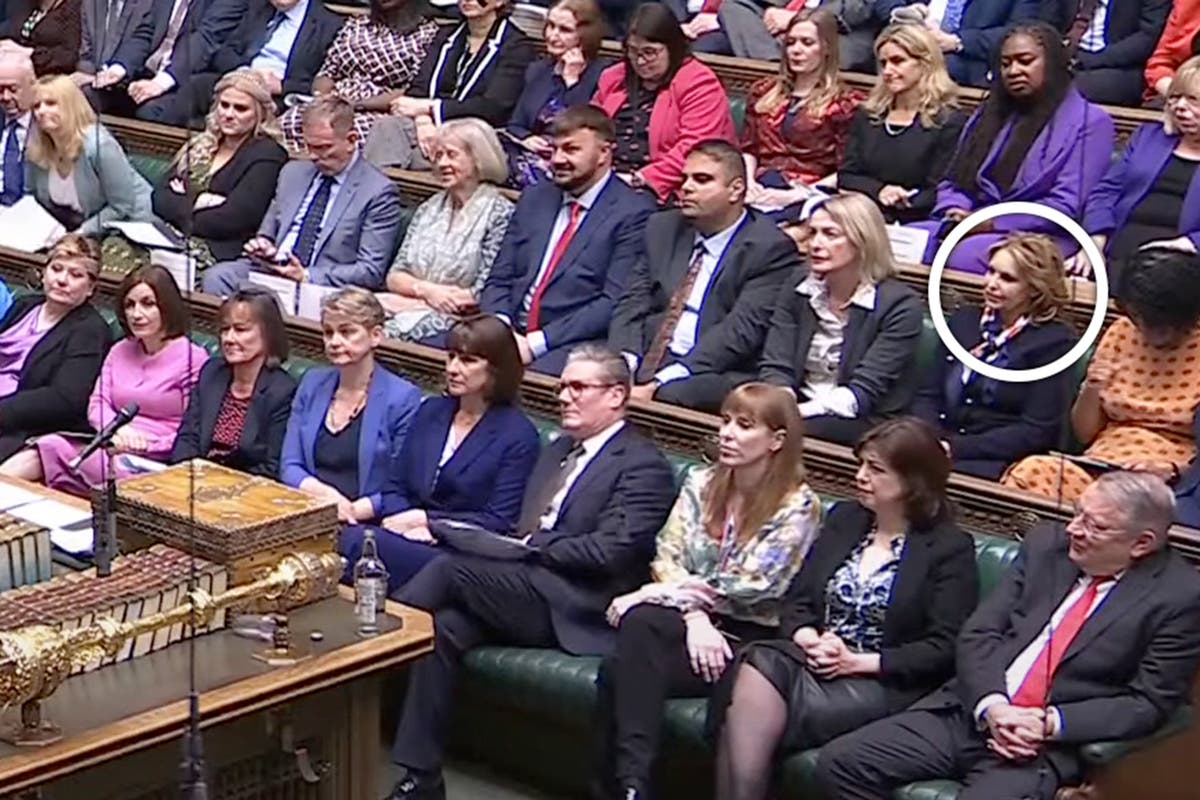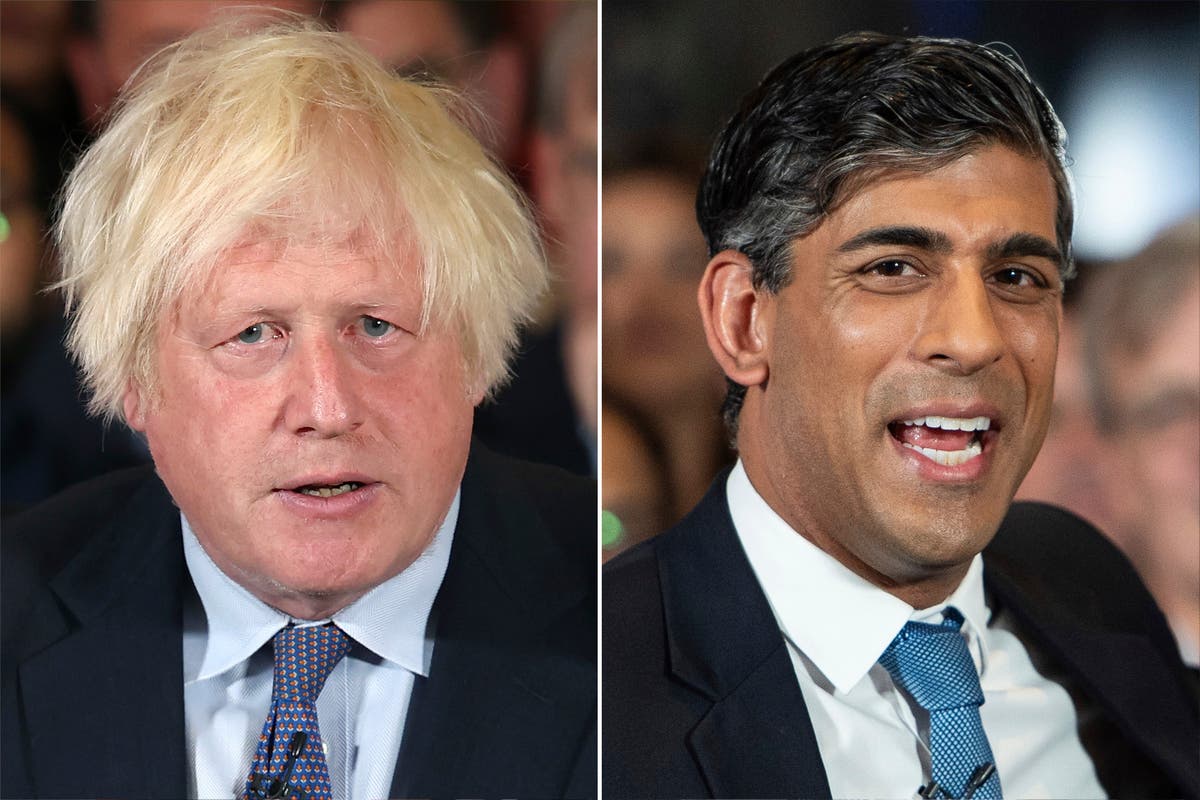
Rishi Sunak’s Eat Out to Help Out was ‘confusing’ and put lives at risk, inquiry told
The IndependentGet the free Morning Headlines email for news from our reporters across the world Sign up to our free Morning Headlines email Sign up to our free Morning Headlines email SIGN UP I would like to be emailed about offers, events and updates from The Independent. Read our privacy policy Rishi Sunak’s Eat Out to Help Out scheme was “confusing” for the public and put lives at risk, the UK Covid inquiry has heard. The British Medical Association said the government failed to “provide clear, consistent public health messaging” throughout the pandemic, including the former chancellor’s flagship initiative to help pubs and restaurants. Other key moments from Wednesday’s hearing included: Charities saying there was a “serious, inexcusable and avoidable failure of governance and policymaking” on children’s rights The TUC and charities criticising the inquiry for failing to call former education secretary Gavin Williamson to give evidence Women’s rights charities saying one of the consequences of lockdown was a rise in domestic abuse cases One decision during the pandemic being described as a “classic of the Johnson era, go fast, no go slow, listen to me, no Rishi” Sunak blocked Professor Chris Whitty’s advice that workers should be paid to self-isolate The BMA added in its submission that the government’s actions to reduce the spread of Covid were “too slow” and the failure to cancel mass gatherings in March 2020, prior to the first lockdown, led to “higher cases, hospitalisations and very likely deaths”. open image in gallery Rishi Sunak was criticsed at the Covid inquiry for his Eat Out to Help Out policy He told the inquiry there appeared to be “dysfunction” in government decision making, and that in a WhatsApp message from Simon Case, the cabinet secretary described a particular decision as a “classic of the Johnson era, go fast, no go slow, listen to me, no Rishi.” Mr Jacobs said the government took “a bold approach to protecting jobs and the economy” but that it failed to show the “same endeavour in relation to safety in the workplace”, in particular those on lower incomes.
History of this topic
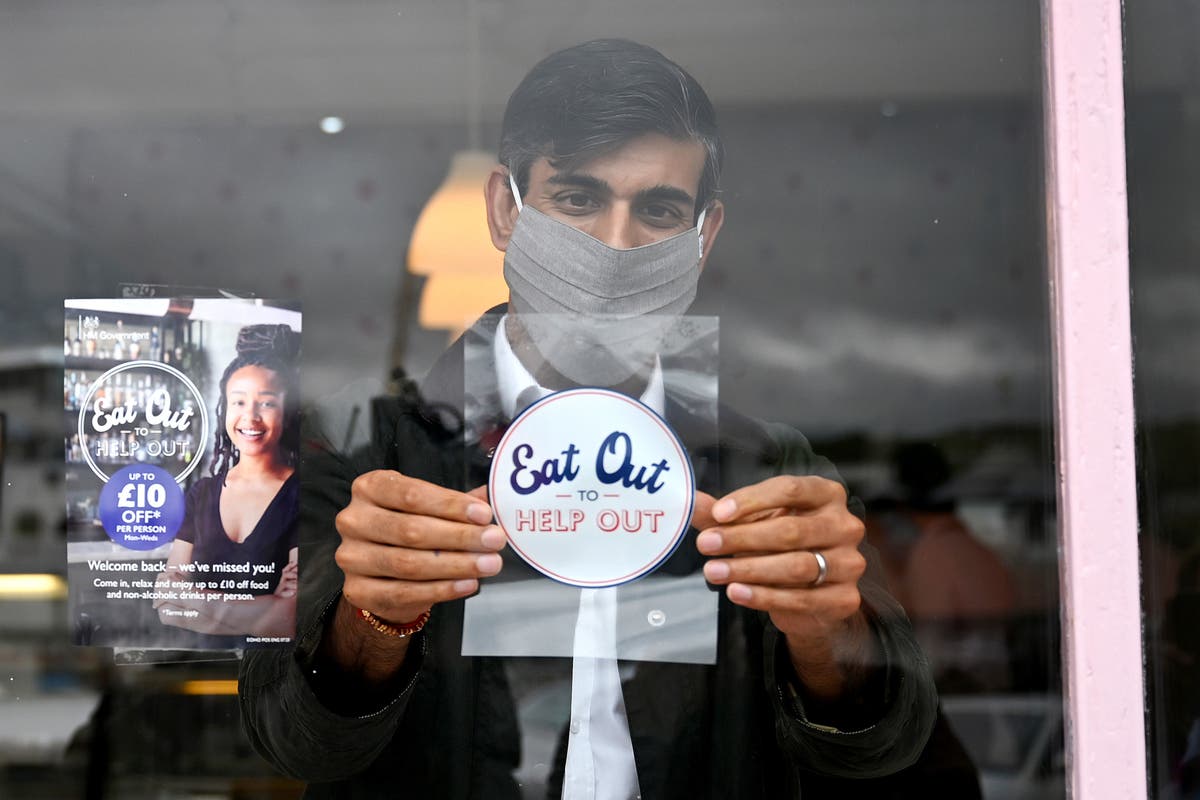
Eat Out To Help Out in numbers: How much did the scheme really affect Covid cases?
The Independent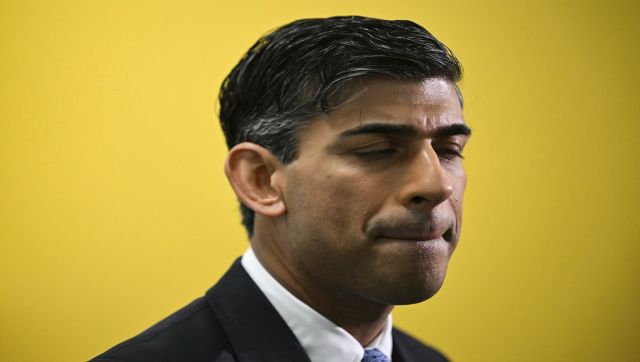)
UK PM Rishi Sunak expresses deep regret for pandemic losses as he faces inquiry
Firstpost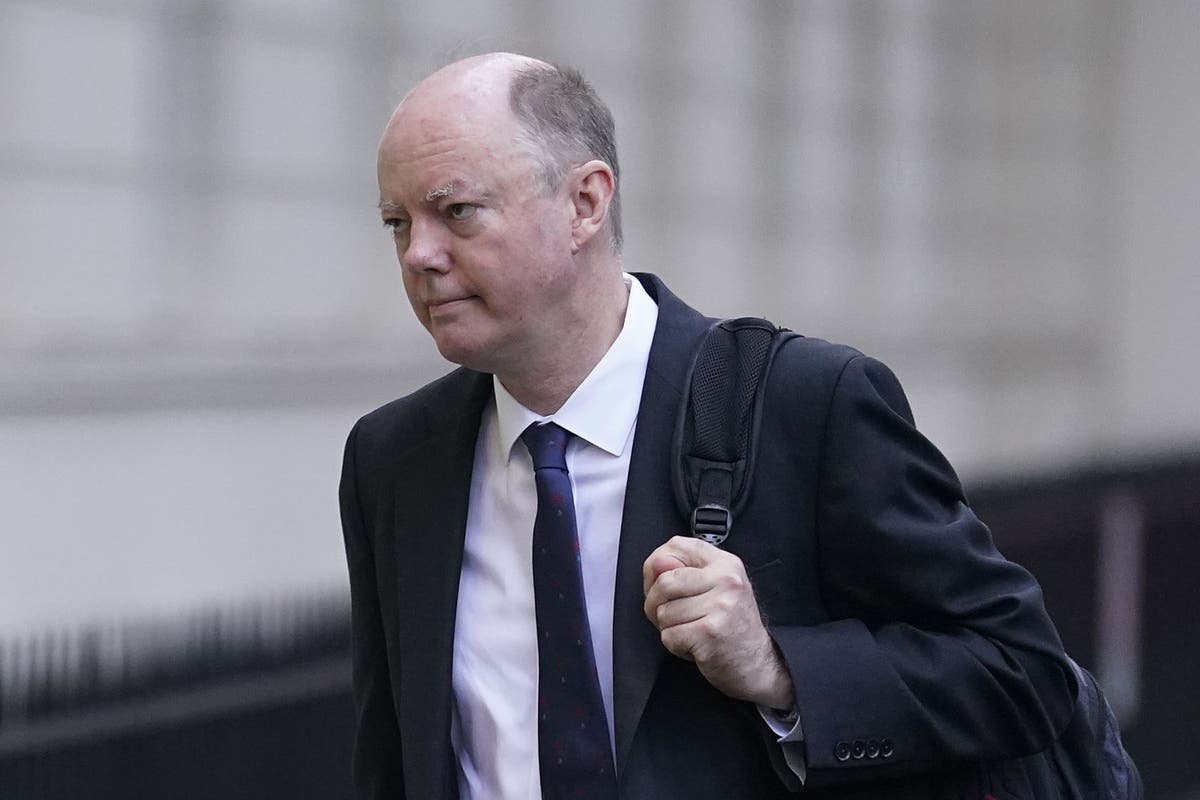
Whitty never told about Eat Out to Help Out but ‘should have been’ – inquiry
The Independent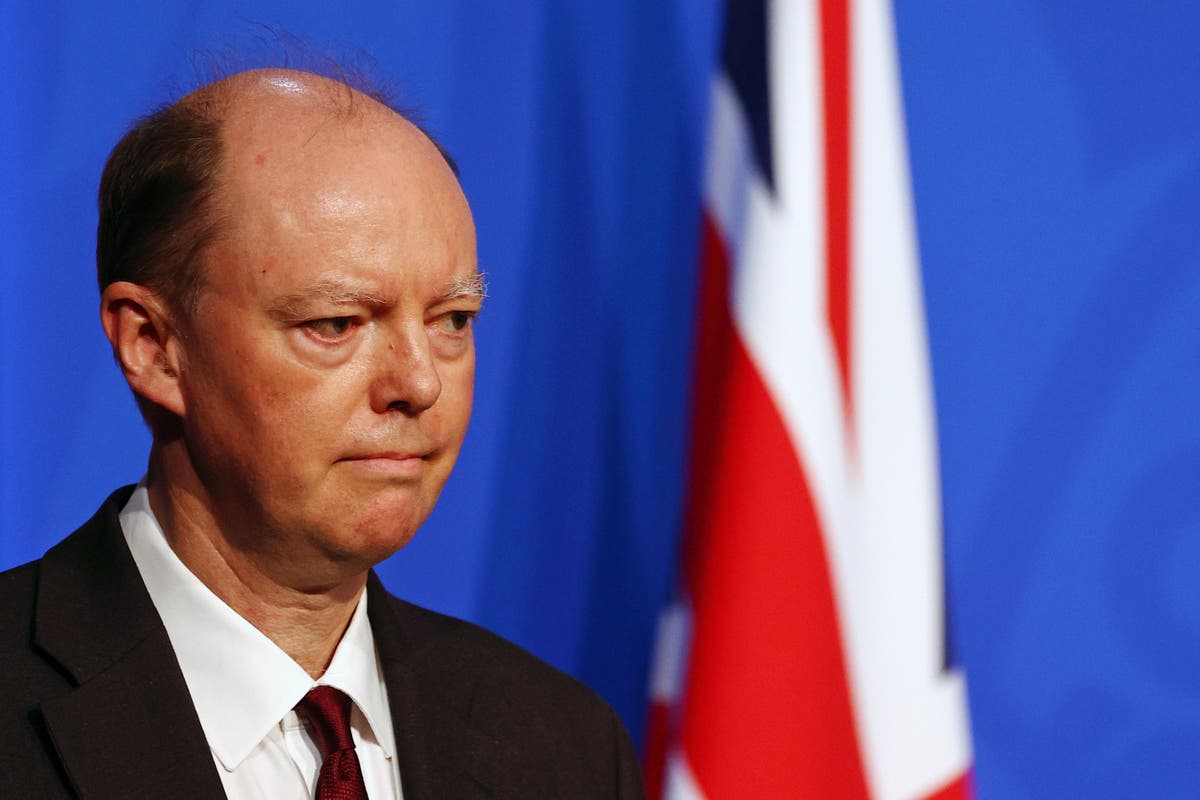
Sir Chris Whitty to face questions at Covid inquiry
The Independent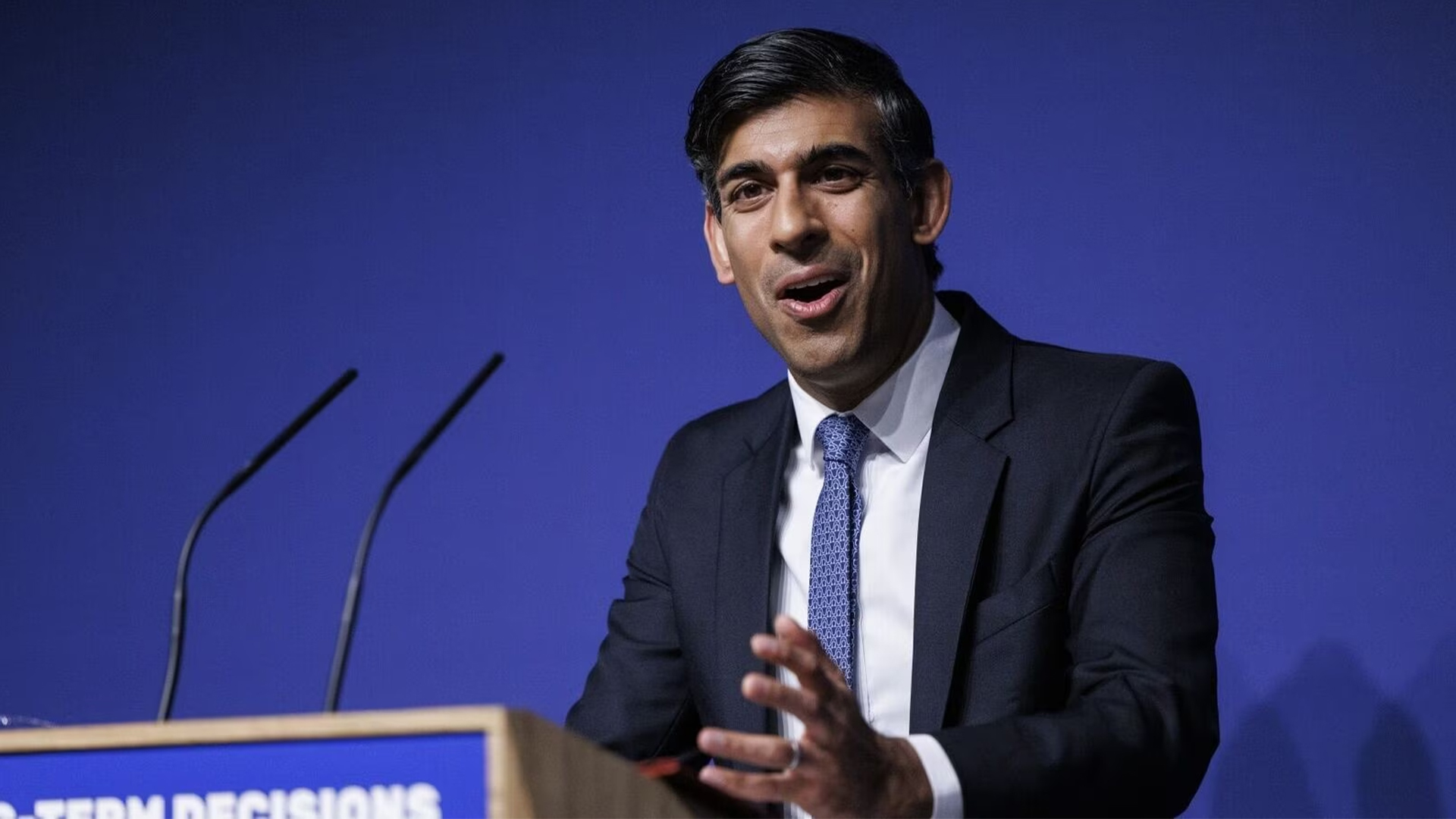)
‘Just let people die’: Sunak reportedly said ahead of national lockdown, COVID probe panel finds
Firstpost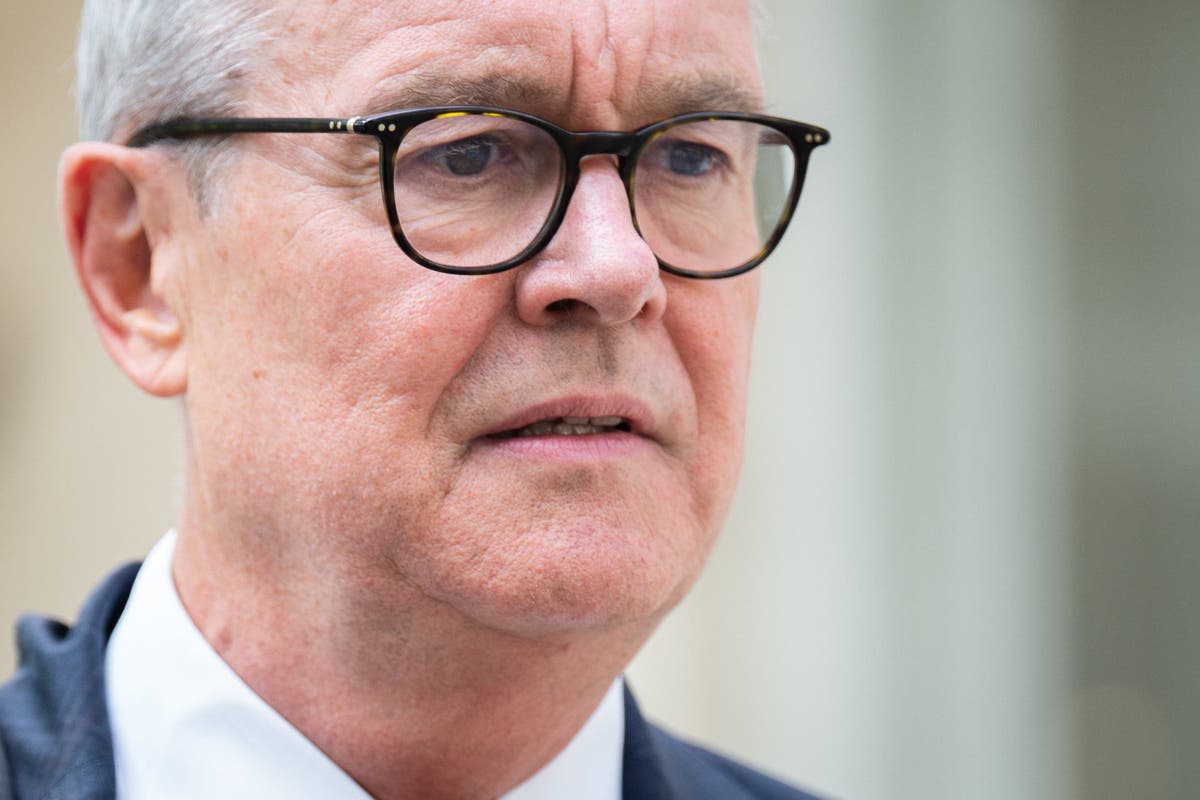
Rishi Sunak was ‘not pleased’ at early prospect of London lockdown
The Independent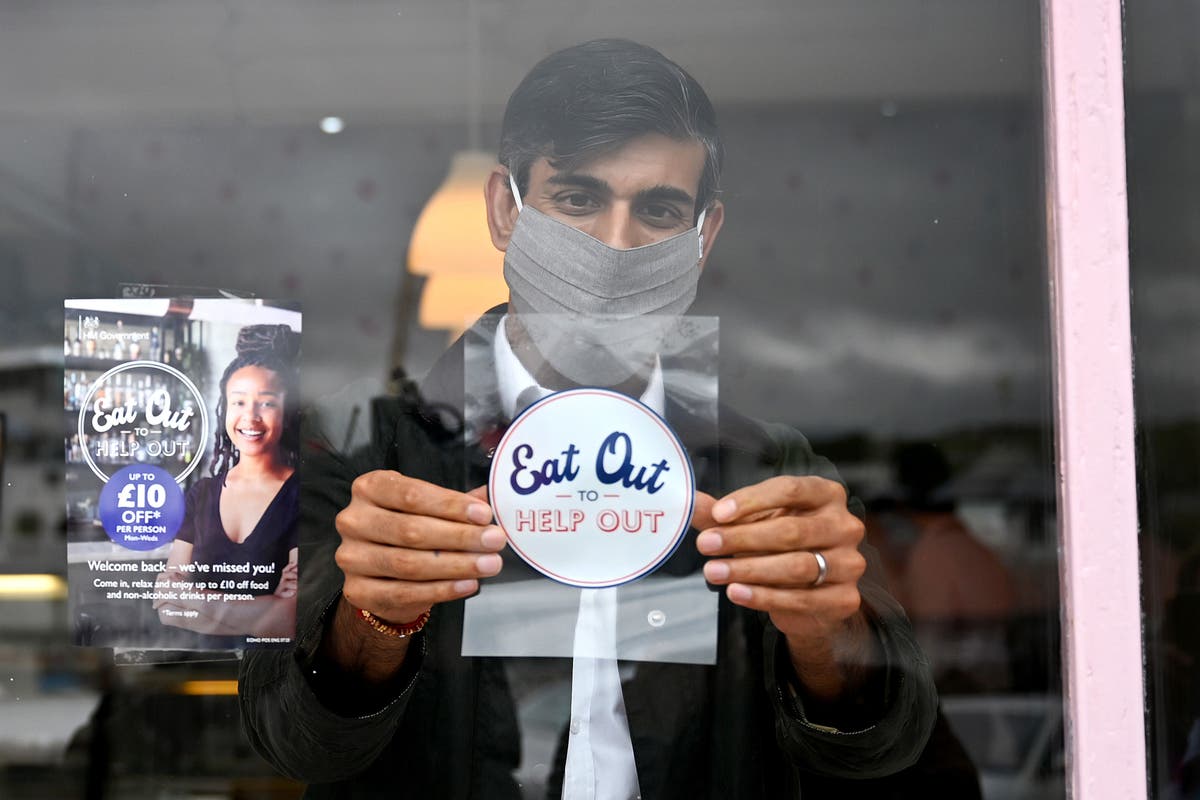
Eat Out to Help Out ‘blindsided’ top officials, Covid inquiry is told
The Independent
Chris Whitty called Sunak’s flagship restaurant scheme ‘Eat Out to Help Out the virus’
The Telegraph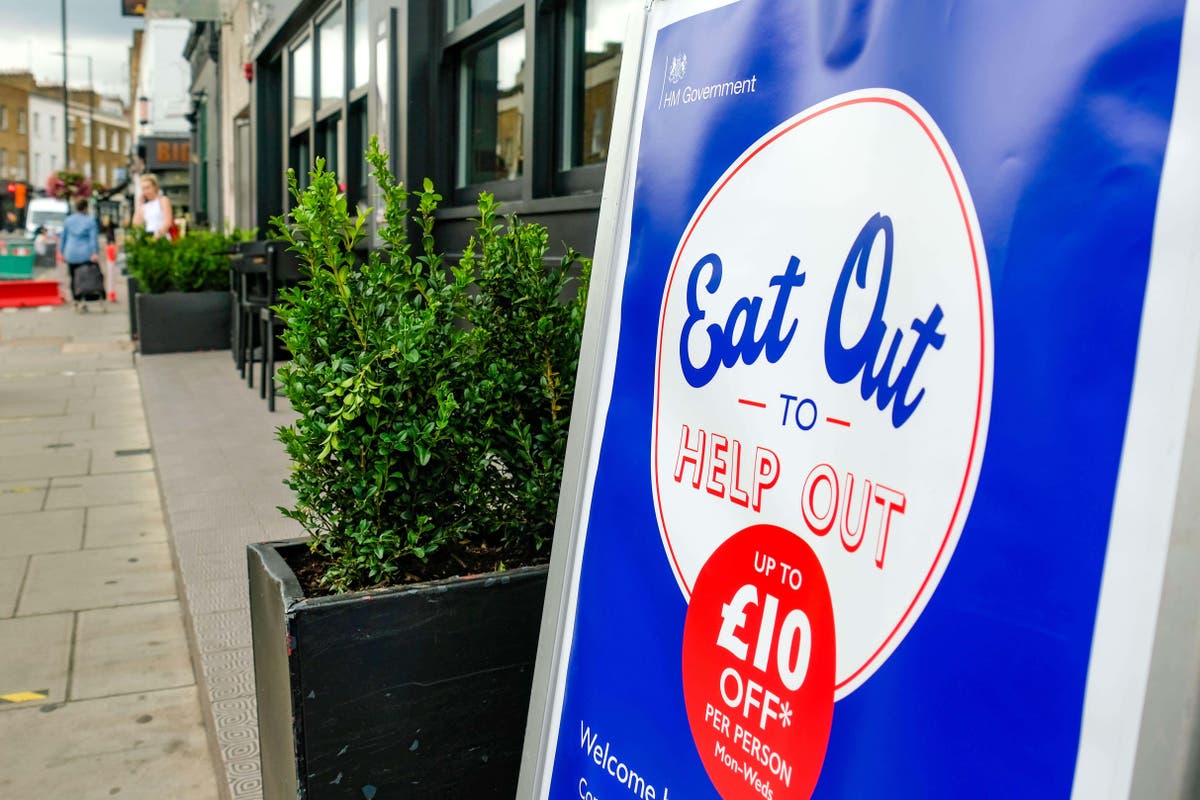
Sunak’s Eat Out to Help Out scheme ‘confused the public’, Covid inquiry hears
The Independent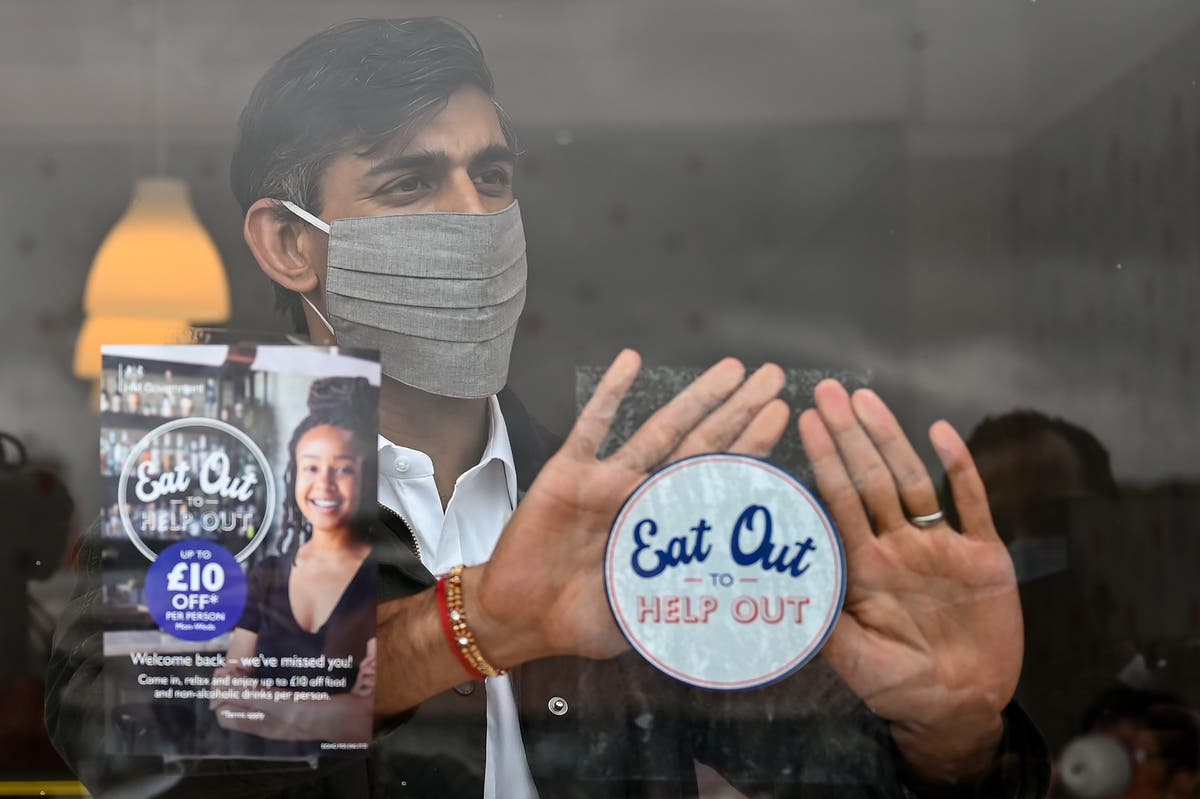
‘Eat out to get Covid’: Is this the real reason Rishi Sunak wants to hold back the WhatsApps?
The Independent
Don’t blame Chancellor’s Eat Out to Help Out for second Covid wave says epidemiologist Neil Ferguson
The Independent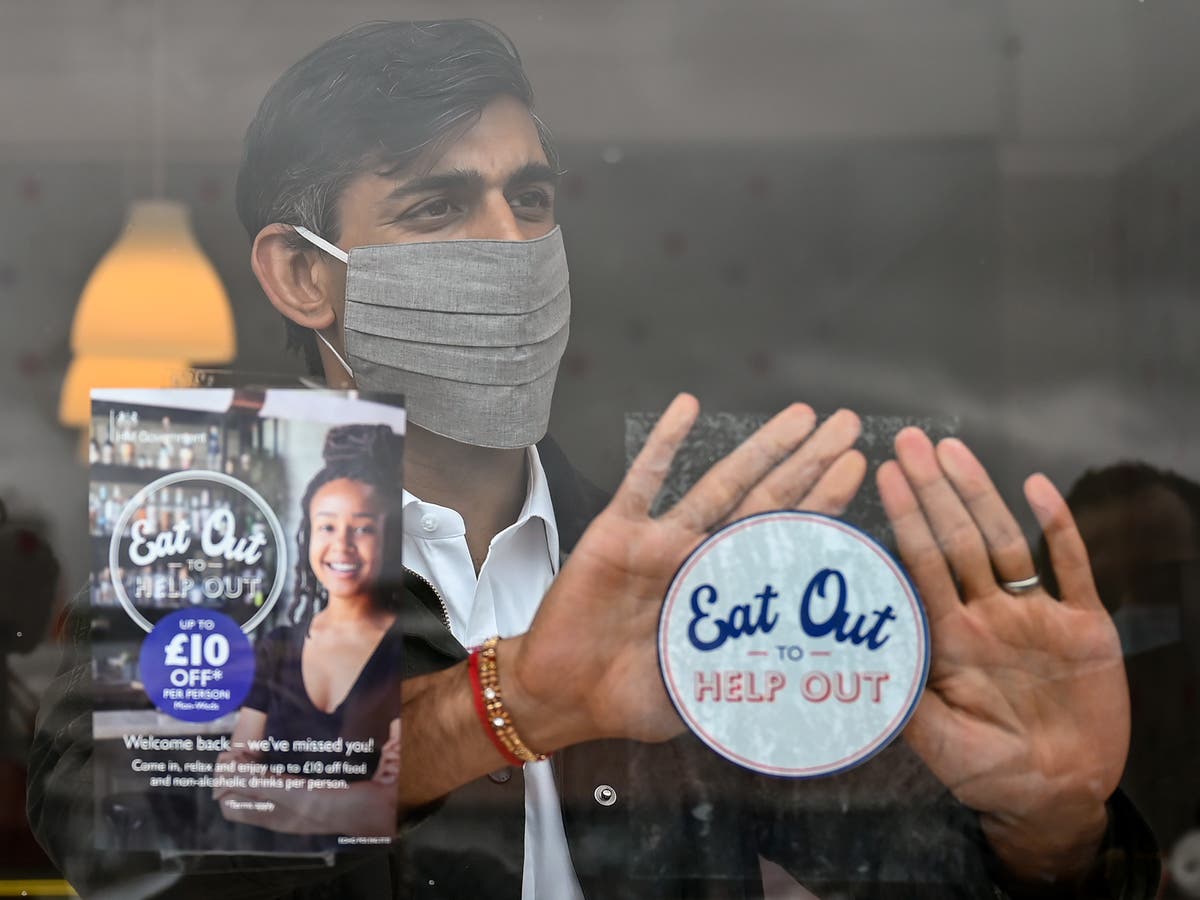
Coronavirus: Rishi Sunak has 'no regrets' over Eat Out scheme after PM said it may have led to increase in cases
The Independent
Coronavirus: Disabled man ‘starved to death during lockdown’, says MP
The IndependentDiscover Related
